What is Blood Pressure? What are the types and things to consider?
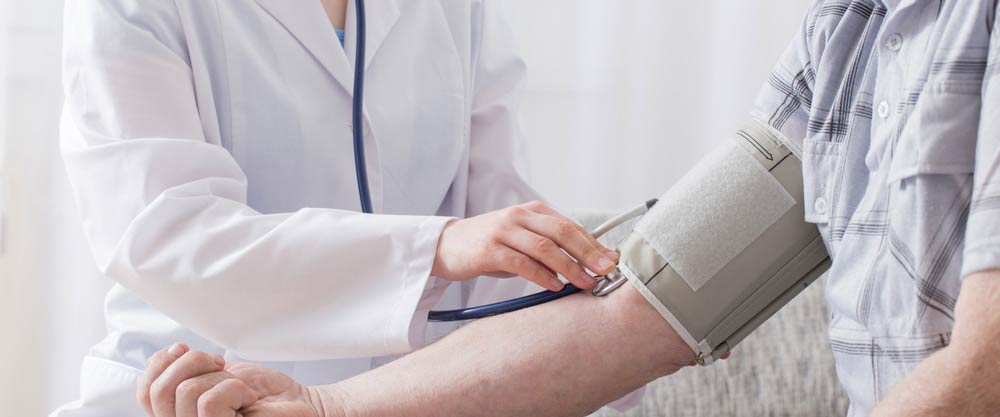
What is Blood Pressure?
:max_bytes(150000):strip_icc()/VWH-JRBeed-WhatAreSystolicandDiastolicBloodPressures-Standard-0793c1def16048fda800fa2a1a6b3be4.jpg)
The blood pressure inside the arteries is called blood pressure. When the capillary muscle contracts, blood is pumped into the arteries. The pressure measured at this time is systolic pressure. When the heart muscle relaxes, the blood calms down in the vessel; The pressure measured during this time is diastolic pressure. When measuring blood pressure, systolic (systolic) and diastolic (diastolic) blood pressures are checked. High blood pressure is called hypertension .
Ideal blood pressure may vary from person to person. On average, it is considered normal for systolic blood pressure to be between 120-130 and diastolic blood pressure to be between 70-90. Low blood pressure values can be considered normal in young people and children.
What is Hypotension (Low Blood Pressure)?
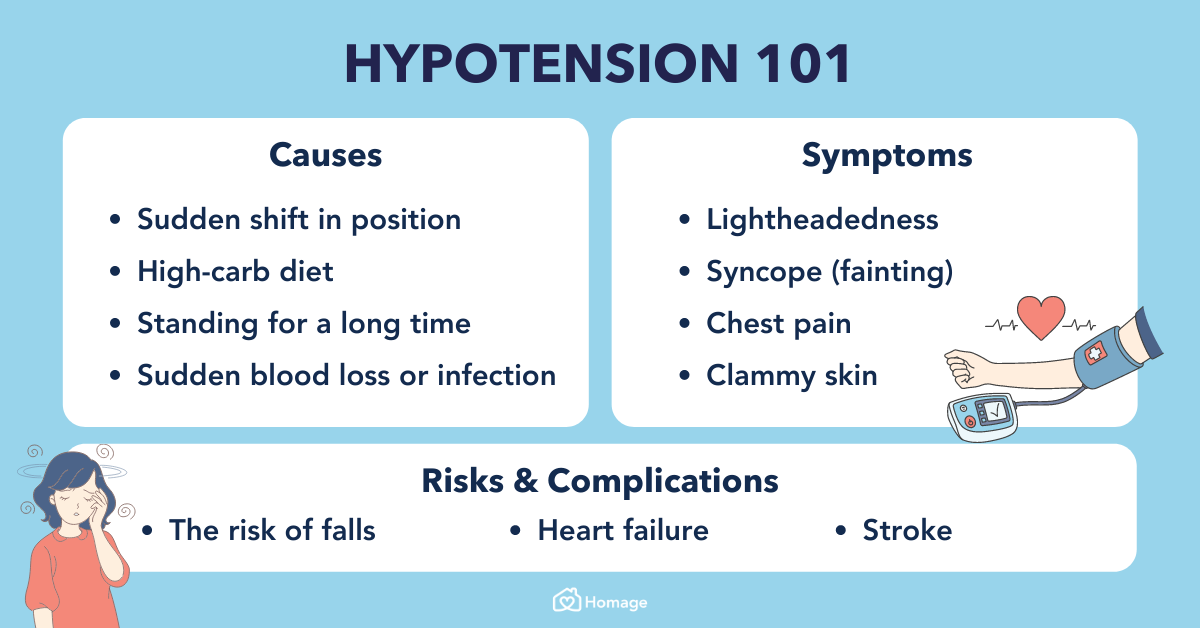
Unless hypotension is very pronounced, it does not cause any symptoms in the patient and is not harmful. It is considered positive because it reduces the risk of cardiovascular diseases. Sudden drop in blood pressure may cause dizziness, weakness and fainting.
What is Hypertension (High Blood Pressure)?
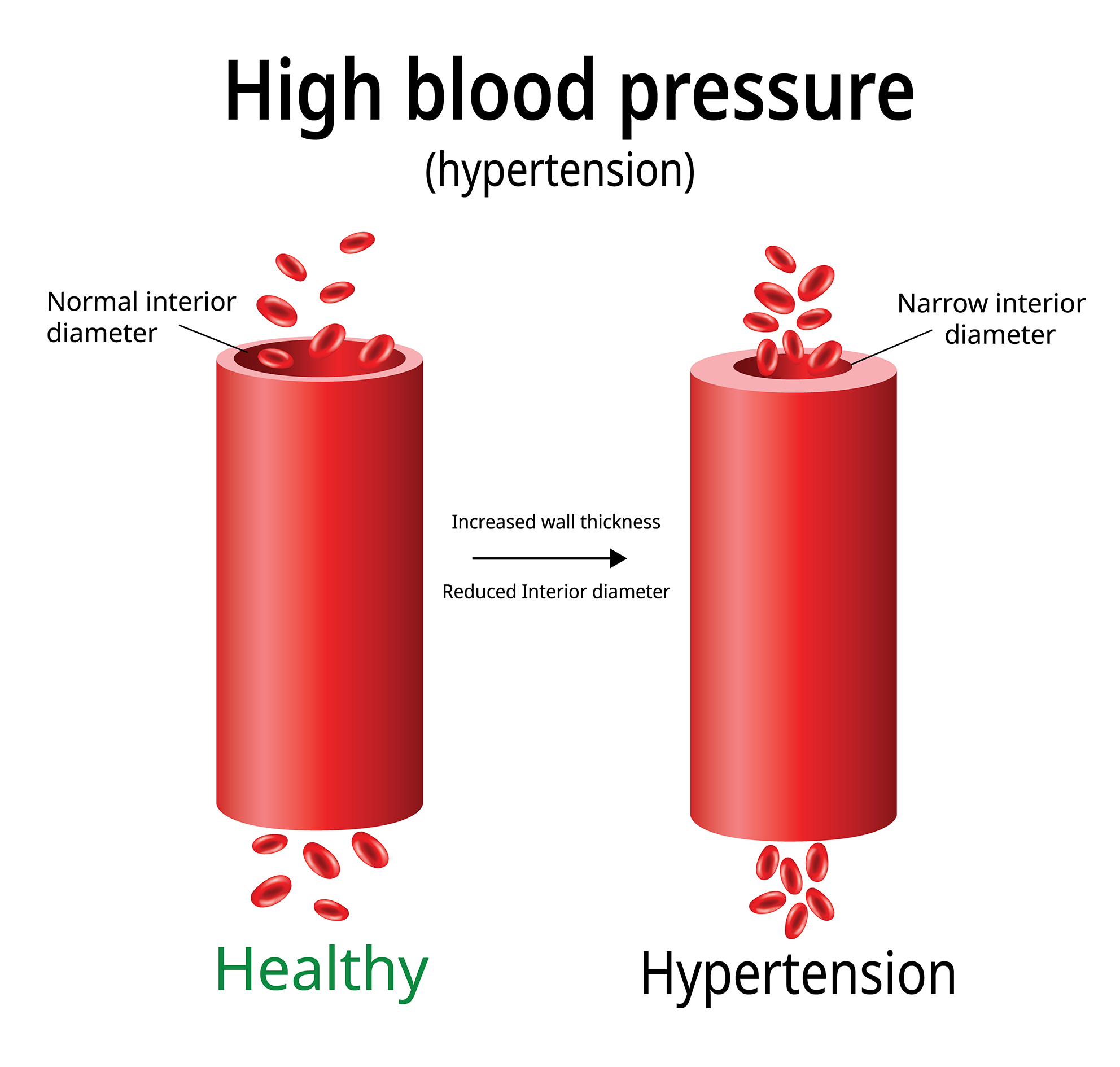
Blood pressure values above 140/90 mmHg are called hypertension. High blood pressure can occur at any age, starting from infancy.
- Excessive salt consumption
- Stress
- Obesity
- cardiovascular diseases
- kidney diseases
- genetic factors
- thyroid diseases
- Diseases of the adrenal gland
- Diabetes
The reasons listed above are the most common causes of hypertension, but the cause cannot be found in many patients with hypertension. These are called essential hypertension.
What are the symptoms of hypertension?
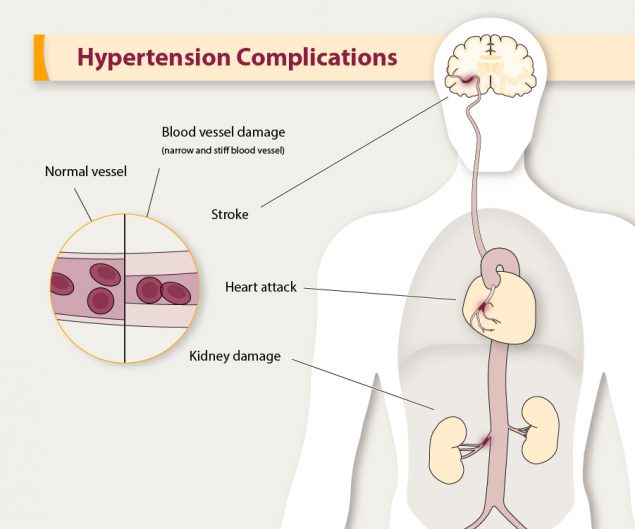
Hypertension may not manifest itself for years. When it becomes obvious, it may cause symptoms such as headache, nosebleeds, ringing in the ears, weakness, frequent urination and swelling in the legs. If high blood pressure is observed along with these symptoms, a doctor should be consulted.
How to Diagnose Hypertension?
ECG, 24-hour blood pressure holter, blood and urine tests and detailed physical examination are performed on patients with blood pressure values above 140/90. It is also known that overweight problems cause high blood pressure. While especially morbidly obese patients prefer to be treated in obesity surgery, patients who want to improve their appearance may prefer to get information about topics such as what is vaser liposuction and what are the treatment methods.
How to Treat Hypertension?
:max_bytes(150000):strip_icc()/88332-article-natural-remedies-for-high-blood-pressure1-5b0588f931283400376e7009.png)
In addition to drug therapy, lifestyle changes are recommended for hypertension patients. These patients need to be at ideal weight, consume less salt, and exercise regularly. It is essential to treat the underlying disease. A wide variety of blood pressure medications are available on the market. The physician will decide which of these will be used.
Some cases of hypertension do not respond easily to drug treatment. These cases are called resistant hypertension. A carotid artery pacemaker can be implanted in patients with resistant hypertension.
What are the harmful effects of hypertension on the body?
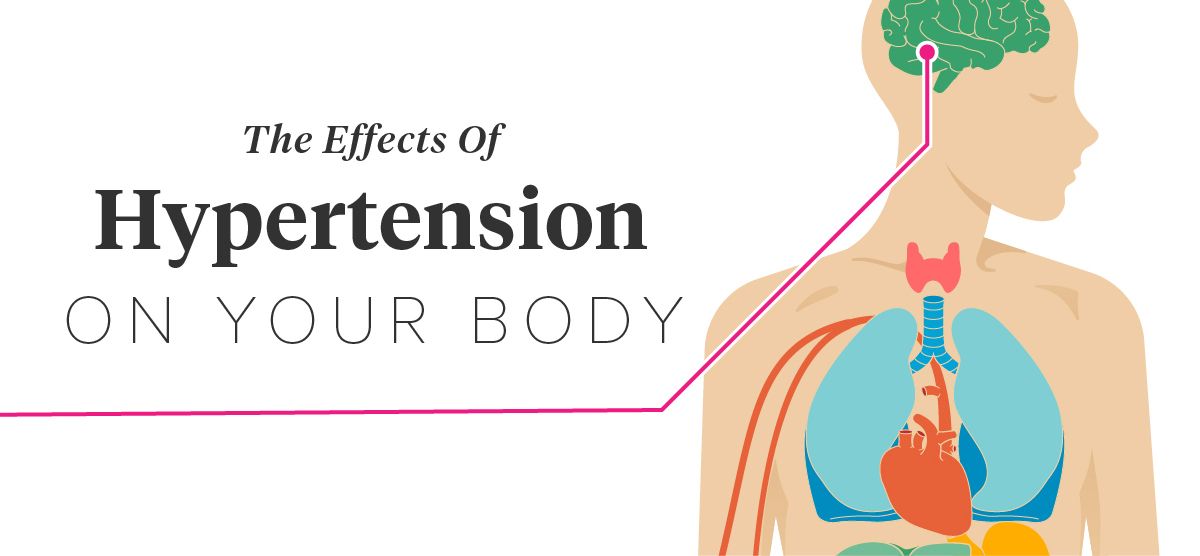
Uncontrolled high blood pressure damages many organs, especially the kidneys and heart. Kidney and heart failure and heart attack may develop. Cerebral hemorrhage or stroke may occur as a result of sudden attacks.
What is False Blood Pressure?

In order to say that a person has high blood pressure, it is necessary to take at least three measurements. Deciding that the patient has high blood pressure with a single measurement is considered false blood pressure. A normal person's blood pressure may fluctuate throughout the day. Your blood pressure may be high after fast walking, running, exercise, or eating.
Blood Pressure During Pregnancy
High blood pressure can be seen in almost one in every 10 pregnant women. It should be investigated whether gestational hypertension is due to pregnancy or preeclampsia and it should be distinguished from chronic hypertension. Pregnancy hypertension harms both the mother and the baby. Chronic hypertension can be detected in the first pregnancy in older and overweight mothers. Gestational hypertension usually occurs after the second half of pregnancy. In hypertension seen in preeclampsia, there is protein leakage in the urine. Edema, headache and liver dysfunction are also seen in preeclampsia. A small number of antihypertensives can be used during pregnancy. Gestational hypertension can cause premature birth, developmental delay in the baby, brain damage, and damage to the baby's placenta.
Eye pressure
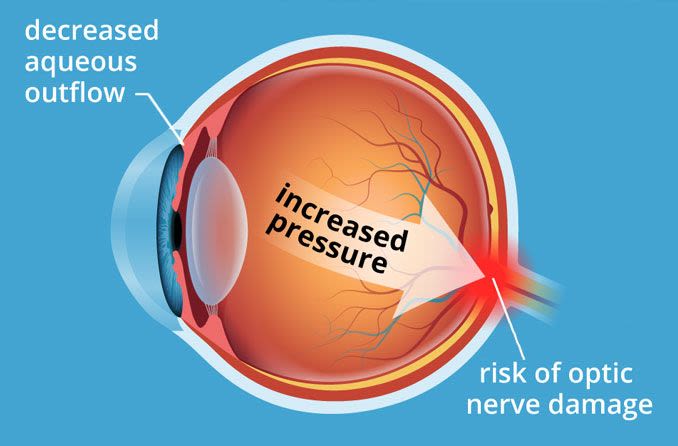
The medical name of the condition popularly known as eye pressure is glaucoma. Glaucoma is damage to the optic nerve due to occasional high eye pressure. As a result, the patient's vision gradually decreases. Glaucoma is more common in people over 40 and may be genetic. The risk is higher in myopes. The risk of glaucoma is increased in those with diabetes and hypothyroidism, long-term cortisone users and those with eye injuries.

SOURCE :
https://www.florence.com.tr/tansiyon
https://ankara.baskenthastaneleri.com/tr/saglik-rehberi/tansiyon
https://www.memorial.com.tr/hastaliklar/yuksek-tansiyon-hipertansiyon-nedir-belirtileri-ve-tedavi-yontemleri






















































